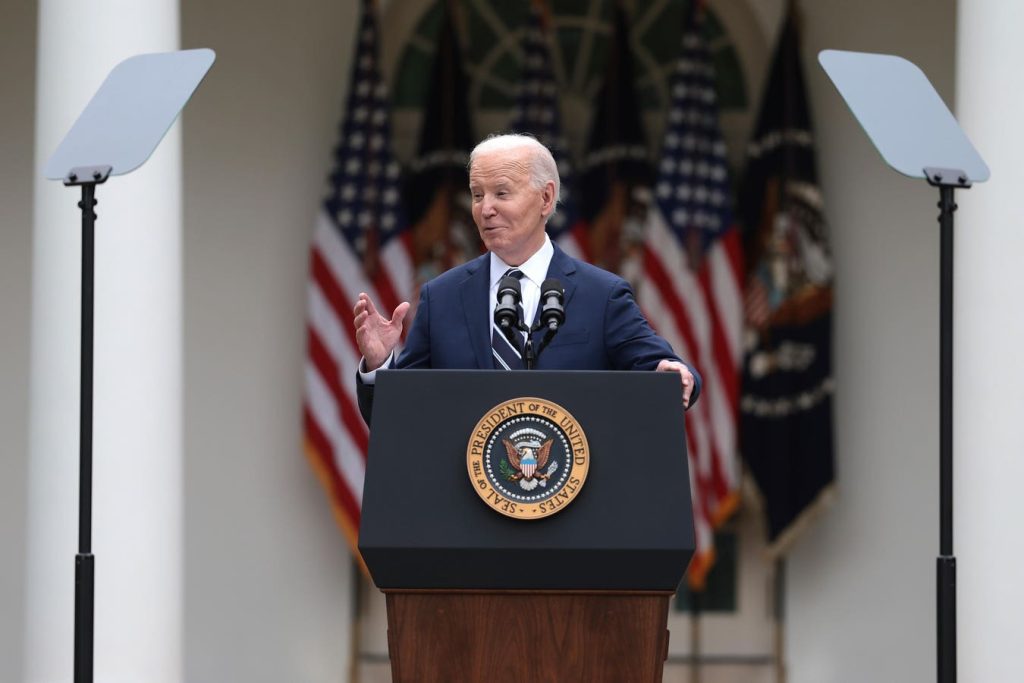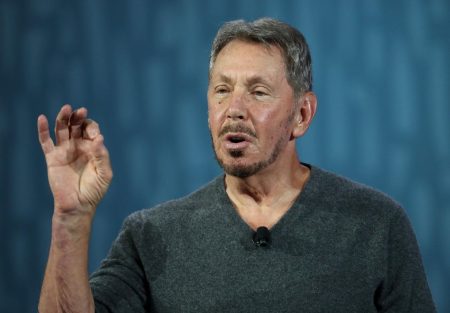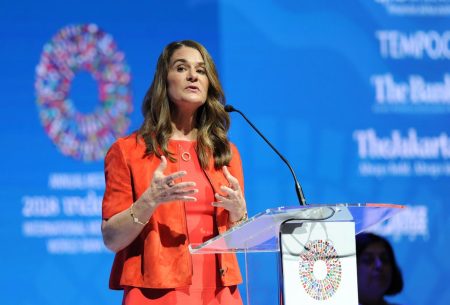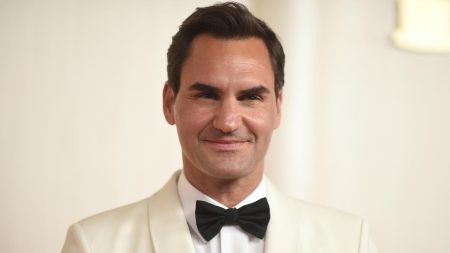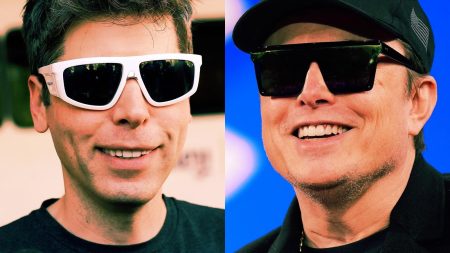The Biden administration has announced a quadrupling of tariffs on Chinese electric vehicles in an effort to protect American workers and businesses from what they perceive as unfair trade practices by China. However, Bill Russo, a long-time auto industry executive in China, believes that this move will not help the long-term competitiveness of the U.S. auto industry. Russo, CEO of consulting firm Automobility, argues that instead of making the U.S. industry more competitive, the tariff increase will actually hinder its ability to stay ahead in the rapidly evolving global market.
Russo believes that the focus should be on incentivizing investment in newer technologies that will lead to lower costs, rather than imposing tariffs on Chinese EVs. He points to China’s success in leading the race towards alternative propulsion technologies, particularly in the development of electric vehicle batteries. Chinese manufacturers like BYD have made significant advancements in this area, positioning themselves as leaders in the EV market. Russo argues that the U.S. and the rest of the world need to follow suit in order to remain competitive in the industry.
China, as the world’s largest auto market and a major producer of EVs, has been making significant strides in the development of electric vehicles. Six of the top 10 richest auto industry billionaires on the Forbes Real-Time Billionaires List are Chinese, reflecting the country’s dominance in the sector. Chinese automakers like Zeekr, controlled by billionaire Li Shufu, have also seen success in the global market, with a recent $441 million IPO in the U.S. signaling optimism about future growth. Despite the competitive pressure from China, Russo believes that the U.S. auto industry needs to prioritize innovation and investment in order to keep up with the rapidly changing landscape.
The White House’s decision to increase tariffs on Chinese EVs is part of a broader effort to address China’s industrial policies and trade practices. The administration argues that China’s subsidies and non-market practices have led to overcapacity and unfair trade practices, particularly in the export of EVs. By imposing a 100% tariff rate on Chinese EVs, the U.S. hopes to protect American manufacturers from these practices. The European Commission is also investigating China’s EV exports, reflecting a broader concern about China’s growing dominance in the industry.
Russo emphasizes the need for the U.S. auto industry to embrace new technologies and alternative propulsion methods in order to remain competitive in the global market. He warns that relying on outdated technology and protecting the status quo will only lead to the industry’s decline. As China continues to make advancements in the EV market, including developing a fast-charging EV battery, Russo stresses the importance of considering the auto industry as a high-tech sector rather than a traditional Rust Belt industry. In order to thrive in the future of mobility, the U.S. auto industry must prioritize innovation and investment in new technologies.




